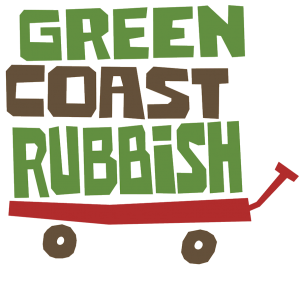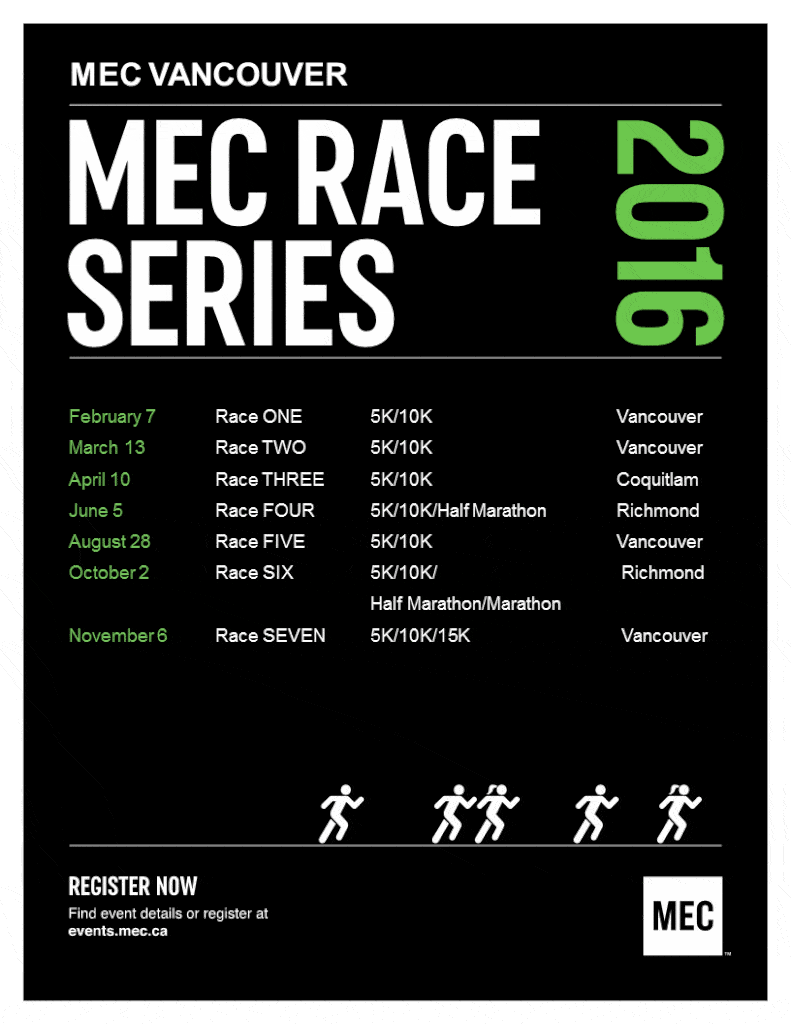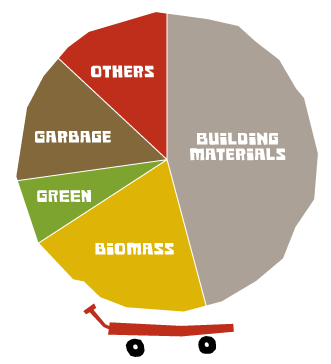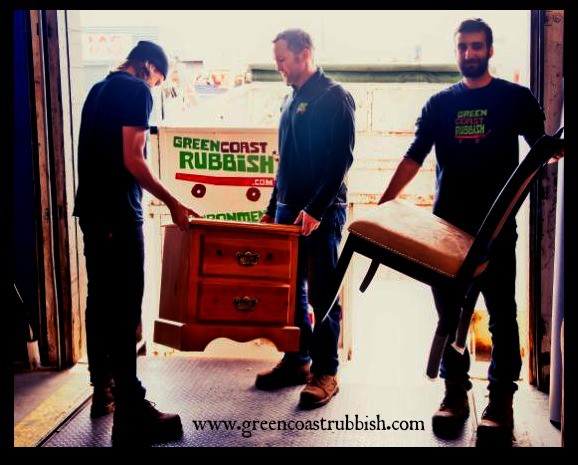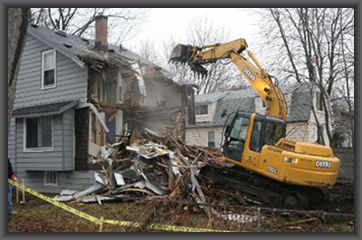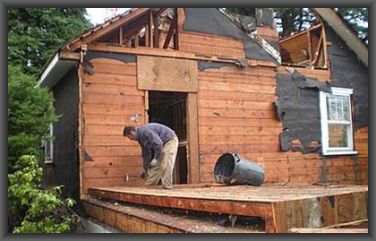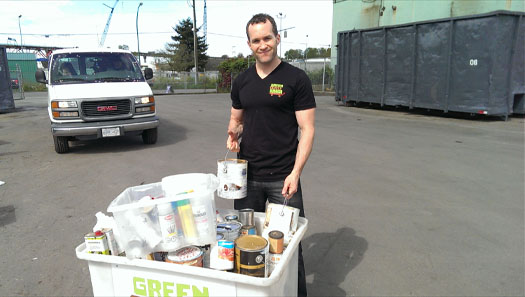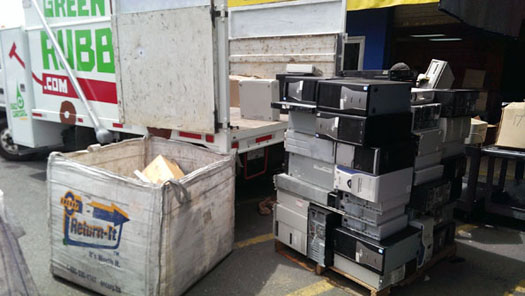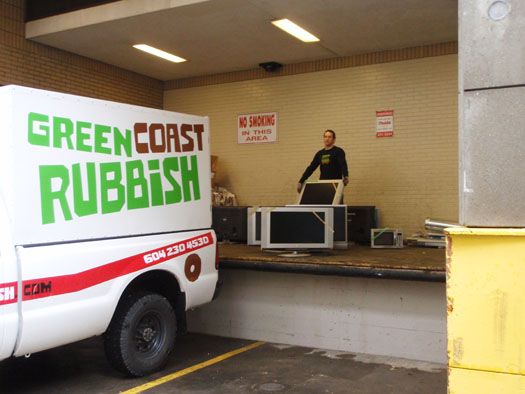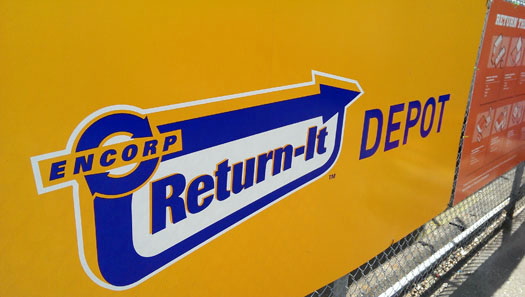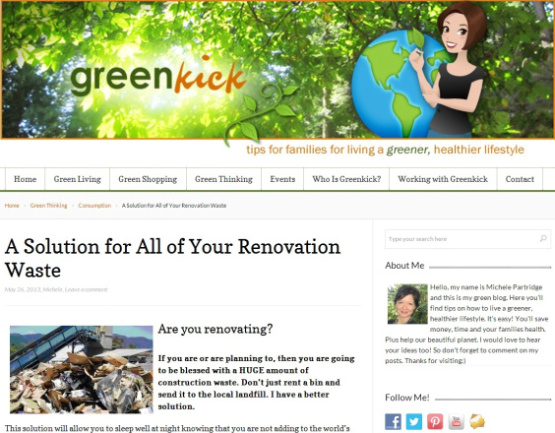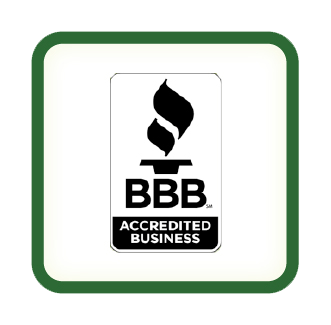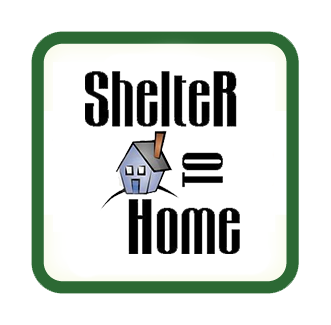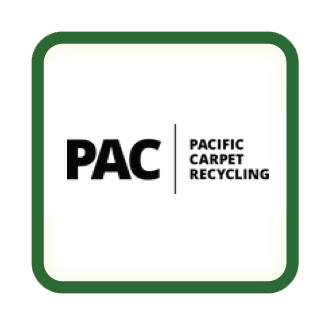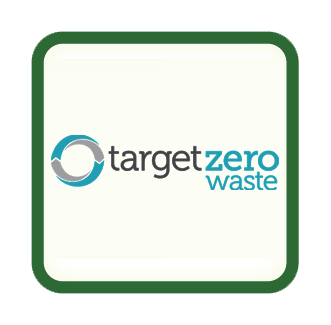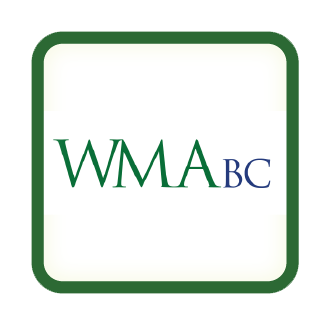Posts
Achieving Sustainability at Green Coast Rubbish: We try our Best to do the Best
/in Uncategorized/by Green Coast RubbishDeconstructing Vancouver’s Green Demolition Bylaw
/in Recycling/by Green Coast RubbishHome owners and property developers in the city of Vancouver will follow new demolition waste recycling requirements for houses built before 1940 thanks to the Green Demolition Bylaw which went into effect on September 1, 2014. From now on, a minimum of 75% of the demolition waste from these older homes will be recycled; and that number increases to 90% for character houses from the same era.
We had the opportunity to interview Senior Sustainability Specialist Hugo Haley from the City of Vancouver to find out more about the Green Demolition Bylaw and what it means for home owners and developers. Here’s what he was able to share with us:
Q: What led the City of Vancouver to establish these new recycling requirements for pre-1940’s houses?
A: Metro Vancouver’s regional solid waste plan requires all municipalities to do more to encourage recycling of construction and demolition waste. Also, the City of Vancouver’s Greenest City Action Plan’s Zero Waste goal is to reduce the amount of solid waste disposed to landfill by 50% by 2020. To achieve this goal, the City intends to improve demolition waste recycling performance, and put in place policies to achieve 50,000 tonnes additional recycling from the demolition and construction waste sector.
Q: What is the difference between a pre-1940’s home to one that was built later that prompted this policy? Will newer home demolitions become subject to similar recycling requirements in the future?
A: Homes built before 1940 often have valuable architectural features … built with old growth timber and other valuable materials. The City would like to discourage older character homes from being demolished … if they are going to be demolished, the City wants to ensure that a high percentage of demolition materials are reused or recycled. In the future, the City would like to include recycling requirements for all ages classes of homes to make sure valuable and usable materials are kept out of the landfill.
Q: What is “deconstruction” and why is it being used to demolish these older homes?
A: Deconstruction is an alternative to traditional demolition. Deconstruction is a more systematic and careful approach to taking apart the house where more of the materials are kept intact and can then be separated for reuse and recycling.
Q: Is this new bylaw unique in Metro Vancouver, perhaps even in North America?
A: These requirements are not unique in North America. There are numerous municipalities in the United States that require demolition waste recycling, with California’s requirements applying state wide. Cities with similar policies include Chicago, Seattle, San Fransicso and Boulder. In Metro Vancouver, the city of Port Moody has such a policy.
Q: Do you have any relevant statistics you can share including how many demolitions and how much material you think will be diverted from the landfill each year?
A: There are about 1,000 homes demolished in the city of Vancouver every year. About 350 of those are from the pre-1940 era and subject to the new requirements. We expect about 12,000 tonnes of additional reuse and recycling to be achieved in the first year … This amount will increase as the requirements extend to more homes.
Green Coast Rubbish President & CEO Eamonn Duignan wrote a letter to Council in support of the new bylaw saying “we whole heartily support this policy initiative … far too often we see reusable or recyclable material landfilled, simply because there is no regulatory framework in place.”
Green Coast Rubbish specializes in demolition and deconstruction services.
If you are considering the deconstruction of a pre-1940’s home, here are some helpful links for more information:
- City Bulletin – Demolition Permits for Pre-1940 Houses – Waste Recycling Requirements
- City of Vancouver Recycling requirements for your demolition project
- City of Vancouver Demolition permit with recycling requirements
- Metro Vancouver’s Demolition, Land Clearing and Construction Waste Management Toolkit
- Bulletin: Heritage or Character Building Review – Interim Procedure
Paint Removal and Recycling
/in Commercial Rubbish Removal and Recycling, Paint Recycling, Renovation Waste/by Green Coast RubbishOften the easiest way to brighten and freshen up your space is to add a coat of paint. While it can work wonders to liven up your home or office, sometimes we find ourselves with an excess left-over, and are unsure of where/how to safely dispose of it. The BC Product Care Association website suggests always keeping in mind the BUD rule when purchasing materials:
- B – Buy only the amount you need.
- U – Use all the paint you buy.
- D – Dispose of any leftover paint safely.
To cut down on waste, it’s a good idea to calculate how much you’ll need initially for your project before you begin. Most paint retailers are happy to help estimate the amount you will require, which will save money and minimize paint wastage. But regardless of how closely you estimate, often you’re still left with at least a little bit remaining. If you can’t re-purpose the paint for use in future touch-ups or other projects (in the case of lighter colours, they can sometimes be used as primers), there are environmentally mindful ways of disposing of it.
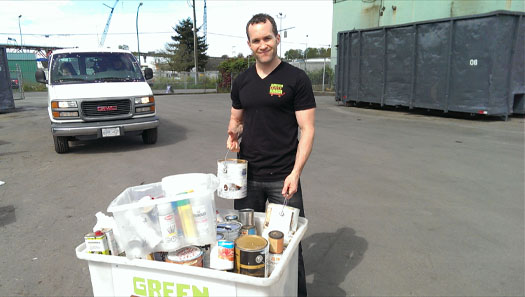
Green Coast Rubbish often helps our clients deal with removing excess materials such as paint, stain, and shellac, and diverts them to depots who specialize in their safe processing. In 2012 alone, GCR helped recycle more than 2438 litres! Many of the facilities around the Lower Mainland even offer programs where they simply give the paint away free to those who can make use of it (as long as the remaining product is properly sealed and still labeled). By being inventive about ways that we can re-purpose paint, we can make our spaces and communities more beautiful, while still protecting the earth in the process.
For more information about the types of products that can be recycled, check out the BC Product Care website. If you have questions about the types of products and waste Green Coast Rubbish can handle on behalf of your home or your business – never hesitate to drop us a line.
Electronics Recycling and E-Waste
/in Commercial Rubbish Removal and Recycling, Electronics Recycling/by Green Coast RubbishWe live in a pretty amazing time. It seems every week, an announcement for some new technology changes the face of televisions, computers, or cell phones. Electronics are getting smaller (or in the case of TV’s, BIGGER), faster, and more equipped to handle all the tasks in our busy lives. But it comes at a cost. With a built-in obsolesce period for most gadgets being less than 2 years, people are finding themselves with basements and attics full of old TVs, printers, and VCR’s (remember those?). It all adds up to a huge amount of waste here in Canada each year.
It seems that many people are just unsure of what to do with it all. This fascinating (and somewhat alarming) StatsCan website shows the percentage of Canadians who have unwanted electronics in their households… in British Columbia, up to 31% of homes have unused televisions in their homes! Just wander down any alley in the Vancouver, and it’s likely that you’ll see abandoned electronics left beside dumpsters. Unfortunately, if they are not properly disposed of, these devices can get thrown into landfills, or sent to developing countries where they are dismantled for metal or parts; oftentimes without safety equipment. If handled improperly, the individuals doing it can be exposed to dangerous substances such as mercury, lead, and chromium—all known to be extremely toxic to humans, animals, and the environment.
We can help. Whether it’s a massive TV, old CRT monitor, or burnt out computer tower; whatever you have, we can take care of it for you. Quickly, easily and in the most environmentally conscious way possible. In 2012 alone, Green Coast Rubbish recycled 5.1 tonnes of electronics, and nearly 3 tonnes of TV’s. (Which, for those who are curious, equals roughly the same weight as an African Elephant).
After pickup, we work together with Encorp, a federally incorporated, not-for-profit association who is committed to recycling within our communities. They ensure that e-waste is properly processed, with all usable components diverted, and any remaining parts disposed of in safe and ethical ways.
You have a lot on your mind. Having these items collecting dust in your home creates both physical and mental clutter in your life. With a single call, we can handle it, and you can get back to focusing on what’s most important.
A Solution for All of Your Renovation Waste
/in Renovation Waste/by Green Coast RubbishAre you renovating? If you are or are planning to, then you are going to be blessed with a HUGE amount of construction waste. Don’t just rent a bin and send it to the local landfill. I have a better solution.
This solution will allow you to sleep well at night knowing that you are not adding to the world’s massive garbage problem. Call North Vancouver based GREEN COAST RUBBISH for all of that recycling, composting, demolition and tree waste. In 2012, they diverted 76% of the waste they picked up to alternative recycling and waste recovery streams. A company with a purpose and a mission. Read more of GreenKick.ca’s blog post on us.
Be sure to check out Michele Partridge’s GreenKick.ca for all that is green. You’ll find tips on how to live a greener, healthier lifestyle. Thanks for the great profile and the kind words Michele!
